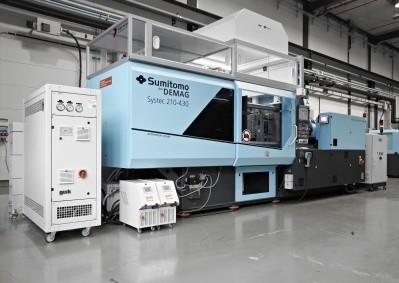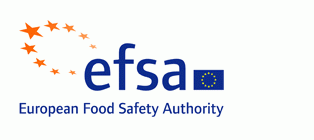EFSA clears more food contact materials

The body’s Panel on Food Contact Materials, Enzymes, Flavourings and Processing Aids (CEF) gave the go-ahead for the inclusion of the substances under Regulation (EC) No.1935/2004.
Polymeric additive
The group issued a positive safety evaluation of polymeric additive substance (butadiene, styrene, methyl methacrylate) copolymer cross-linked with 1,3-butanediol dimethacrylate.
The dossier for the substance, with the European Commission reference number 40560, was submitted by the Dutch Ministerie van Volksgezondheid, Welzij en Sport on behalf of applicant Kaneka Belgium N.V.
The additive is to be used as an impact modifier up to 12 per cent (w/w) in rigid poly(vinyl chloride) (PVC). Finished articles are intended to be used in contact with all kinds of foodstuffs for long term storage at room temperature.
The CEF Panel concluded that there was no safety concern for the consumer if the substance is used only up to 12 per cent w/w in rigid PVC materials at room temperature or below.
To read the full opinion click HERE
Co-polymer
The experts also reviewed the safety of poly(12-hydroxystearic acid)-polyethyleneimine copolymer after a request from the UK Food Standards Agency (FSA).The application for the substance, with CAS No 124578-12-7 and EC REF. No 80350, was made for the extension of its use in all types of plastics.
The application, made on behalf of Lubrizol Advanced Materials, requested approval for the material to be used up to 0.1 per cent w/w in plastics for contact with all types of food under all time and temperature conditions limited only by the nature of the plastic and the foodstuffs.
The CEF Panel concluded that there was no safety concern if the substance is prepared by the reaction of poly(12-hydroxystearic acid) with polyethyleneimine and used up to 0.1 per cent w/w in plastics.
To read the full opinion click HERE
Secondary antioxidant – but no hot fill for dairy
The scientific panel carried out an assessment for thiodipropionic acid, ditetradecyl ester after receiving a request from the German food safety body BVL (Bundesamt für Verbraucherschutz und Lebensmittelsicherheit) on behalf of Sumitomo Chemical Company.
The substance, with CAS number 16545-54-3 and EC REF. No 93360, is for use as a secondary antioxydant in all polyolefins at a maximum content of 50 mg/kg plastic.
Final articles are intended to be used for contact with all types of foodstuffs for long term storage at or below room temperature and short term contact at high temperatures. Contact with dairy products will not exceed hot fill conditions.
The panel concluded there were no safety concerns as long as the migration of the substance - together with its oxidation products and the structural homologues thiodipropionic acid, didodecyl ester and thiodipropionic acid, dioctadecyl ester - does not exceed 5 mg/kg food.
To read the full opinion click HERE
Processing aid
The CEF committee also assessed the safety of (methyl methacrylate, butyl acrylate, styrene, glycidyl methacrylate) copolymer for use as a processing aid.
The substance, with CAS No 37953-21-2, and REF No 66765, is a polymeric additive. The application was for use as a lubricant processing aid up to 2 per cent w/w in rigid poly(vinyl chloride) (PVC) applications.
The dossier was referred to EFSA by the Dutch Ministerie van Volksgezondheid, Welzijn en Sport on behalf of Kaneka Belgium N.V.
The panel concluded that there is no safety concern if the substance is used only up to 2 per cent w/w in rigid PVC materials at room temperature or below.
To read the full opinion click HERE









